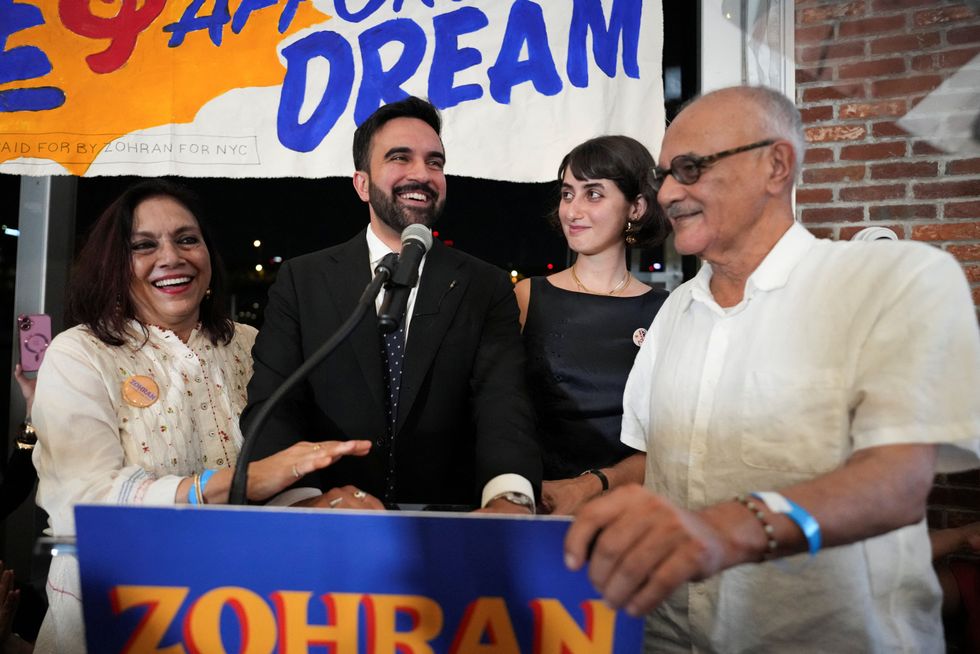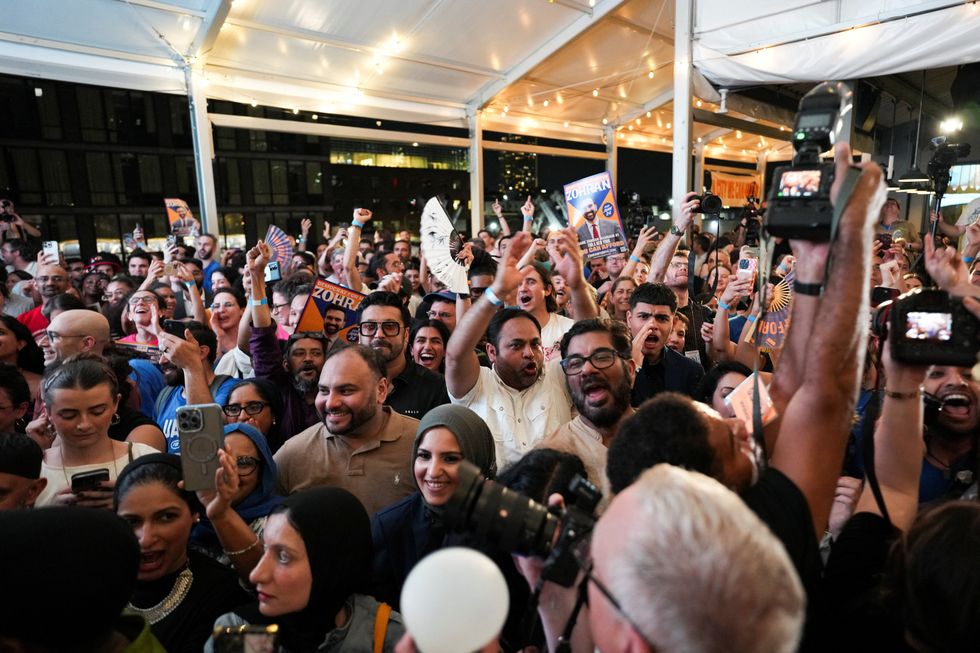SCORES of cow protectors in recent years have been accused of using violence to carry out extra-judicial activities in India, often finding themselves at odds with law enforcement, even as many won acclaim for defending the Hindu faith.
Now some of these operatives are transferring their clout into grassroots political power, where they are pursuing a hardline majoritarian agenda, according to interviews with more than 90 activist-vigilantes, as well as senior leaders of the BJP and other parties, government officials and political analysts.
They described how cow vigilantism has become a finishing school for the young men who mobilise large groups against alleged cattle smugglers and used the resulting popularity to catapult into politics.
Many are now campaigning and preparing for elections in 2024 that the BJP and allied right-wing parties are favoured to do well in.
Forty-one of the cow protectors who spoke to Reuters have been elected to positions such as village chief, town council member or local legislator in the past six years, roles that can involve governing tens of thousands of people.
Another 12 said they were lobbying their family members to seek local office.
"All of what you see: my success, my existence is only because cows have blessed me," said Vishnu Dabad, who started a cow protection force in 2014 and was elected as village chief in 2016.
He is now a full-time political campaigner in the northern state of Haryana for a party allied with the BJP, and is keen to seek higher office.
Ancient Hindu religious texts praise cows, who are regarded as deities, for their nurturing ability. But India's minority Muslims and Christians, as well as some Hindus, consume beef as part of their diet, generating some sectarian tensions.
There is no publicly available official estimate on the number of cow activists nationwide, but activist leaders said they believe more than 300,000 Hindu men in the nation of 1.4 billion are directly involved with their groups.
India's home ministry, which oversees national law enforcement, did not return a request for comment on that figure or the role of cow activists.
Reuters previously reported that some of them have stopped cow traders - many of them Muslim men - with deadly force, according to prosecutors, witnesses and the families of victims.
Some states have enacted laws enabling cow vigilantes to patrol alongside police.
While government data does not distinguish general violence from cow-related lynching, Human Rights Watch found that at least 44 people - 36 of them Muslims - were killed in cow-related violence between May 2015 and December 2018.
The independent, New Delhi-based Documentation of the Oppressed database found 206 acts of cow-related violence involving 850 victims, mainly Muslims, between July 2014 and August 2022.
The proximity of cow activists to power has raised concerns among many Muslims, who allege that some BJP members and their affiliates have engaged in anti-Islam hate speech and violence.
Modi and the BJP have denied that religious discrimination exists in India.
Cow protectors "are very powerful men…and there is a climate of fear," said Jaan Mohammed, a Muslim man whose brother was one of the first victims of a cow-related lynching after Modi took power. "I don't think this can ever change now."
Legal proceedings are pending. Seventeen men accused of involvement in his brother's 2015 killing were released on bail, and another suspect later died. Police at the time of the slaying said the alleged perpetrators behaved as if they had a "licence to kill."
Modi has repeatedly criticized activists who engage in "criminal" violence, even as his party courts their support.
Giriraj Singh, a BJP minister responsible for rural development, said his party welcomed anyone who wanted to "genuinely serve the cows".
"Anyone who saves mother cow must be respected and recognised," he told Reuters.
Half of India's 36 states and union territories have partial or complete bans on cow slaughter - most of them governed by the BJP. But enforcement has often fallen into the hands of activists. By posting videos of their raids on alleged cow smugglers on social media, they have mobilised money, as well as thousands of Hindu men.
Religious cow protection movements have a long history in India, but many activists, including Dabad, said they were emboldened by Modi's sweeping 2014 victory.
Influential right-wing organisations such as the ruling party-affiliated World Hindu Council have helped legitimise the activists by depicting them as modern-day warriors waging a war against cow slaughter.
Council spokesman Vinod Bansal likened cow protectors, some of whom he said had been killed in clashes, to brave religious warriors. He added that achieving political fame was only a side-effect of the efforts of some activists.
Christophe Jaffrelot, a professor of Indian politics at King's College London, said the Indian state cannot harass minorities openly but by allowing vigilantes to do so, it keeps majoritarian feelings satisfied.
"And now these private armies ... are being given a share in governance and power at the local level," he said, adding that they would continue their penetration of politics.
Of the 41 vigilante-politicians, eight said they joined the BJP at its encouragement.
Another eight, including Dabad, joined other regional parties because they said they had doubts about the BJP's commitment to cows and Hindu values.
A top Indian home ministry official who was interviewed on condition of anonymity because he was not authorised to speak with media, said the cow vigilantes have managed to blend popularity with nous on local issues.
"Even politicians feel threatened by the enormous network of cow vigilantes," he said. "They have become a force of their own."
(Reuters)



















 Zohran Kwame Mamdani with his parents, Mira Nair and Mahmood Mamdani , and his wife, Rama Duwaji
Zohran Kwame Mamdani with his parents, Mira Nair and Mahmood Mamdani , and his wife, Rama Duwaji Mamdani's supporters celebrate his nomination
Mamdani's supporters celebrate his nomination